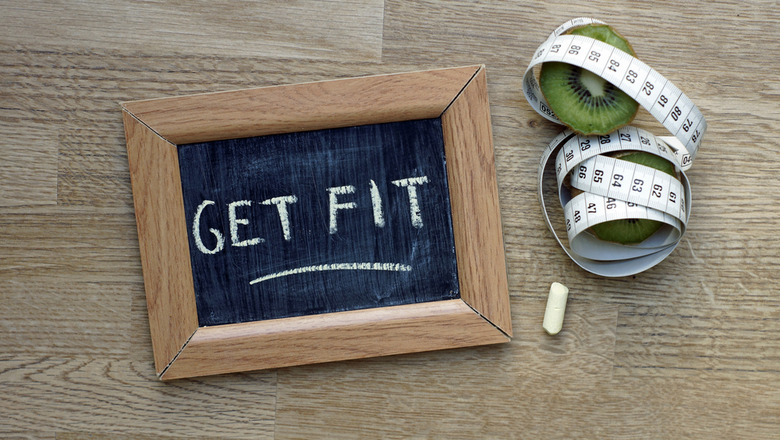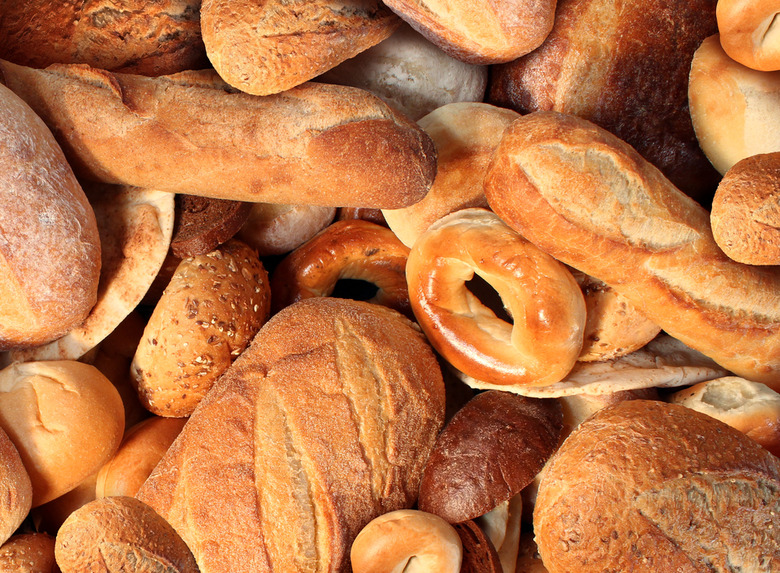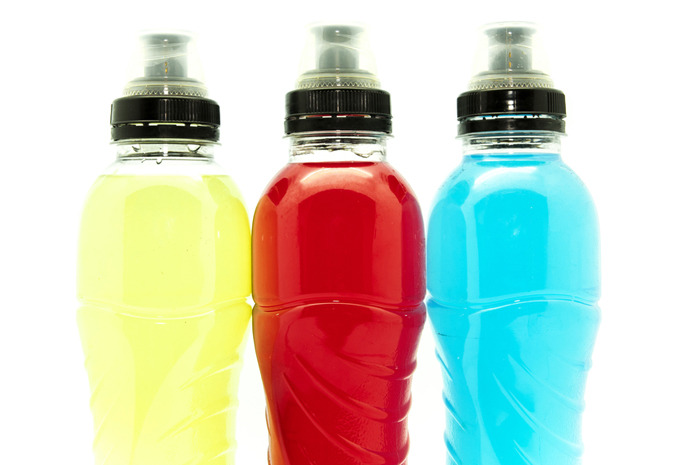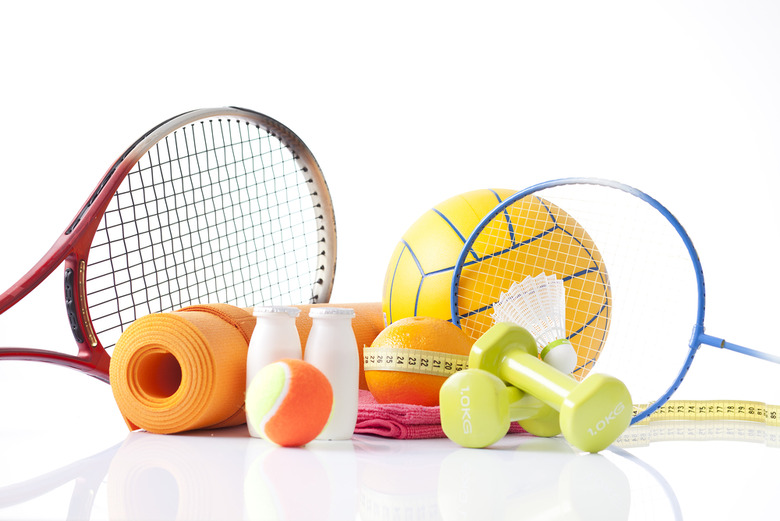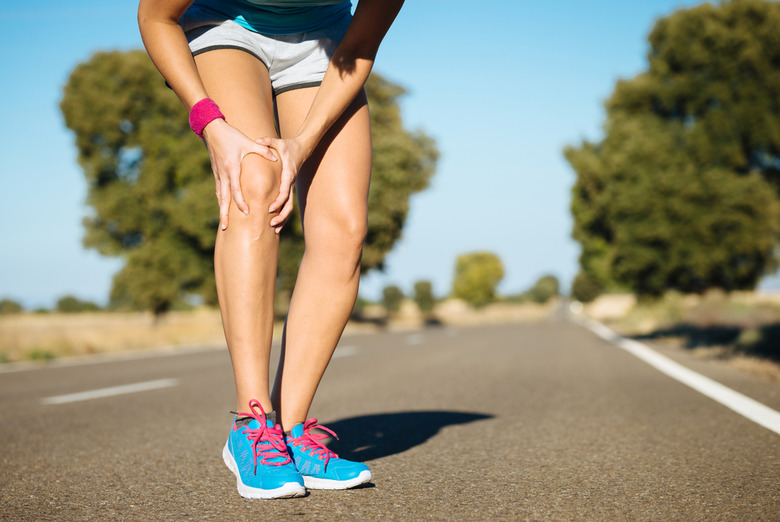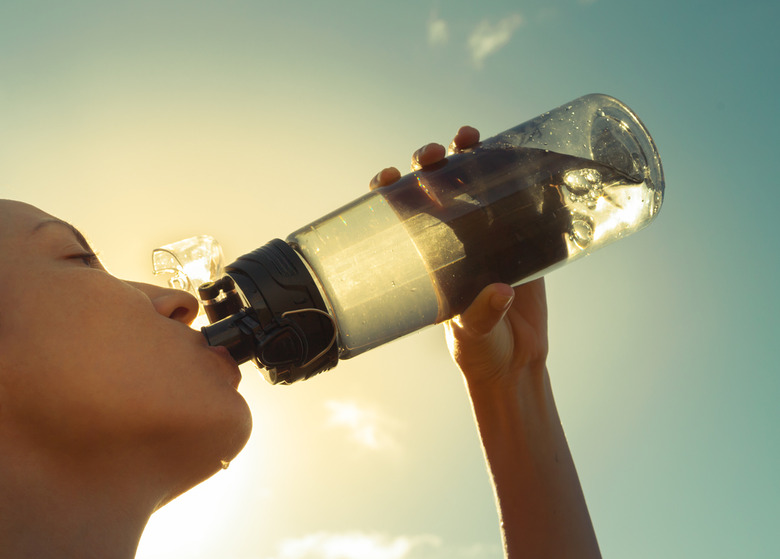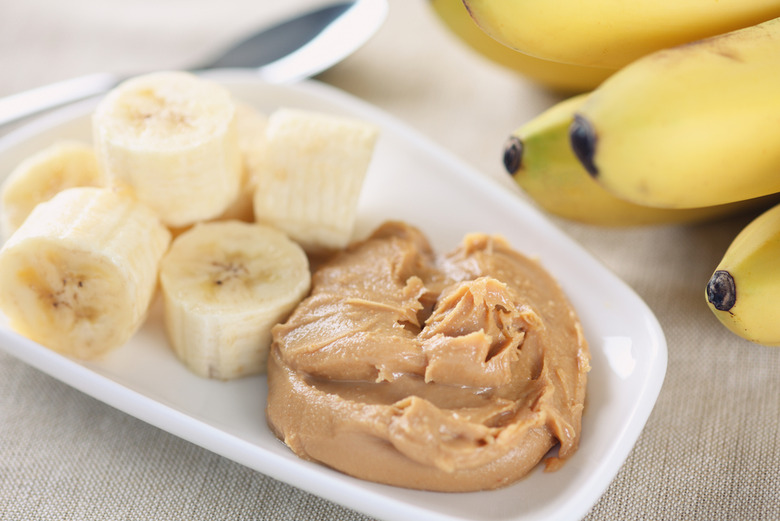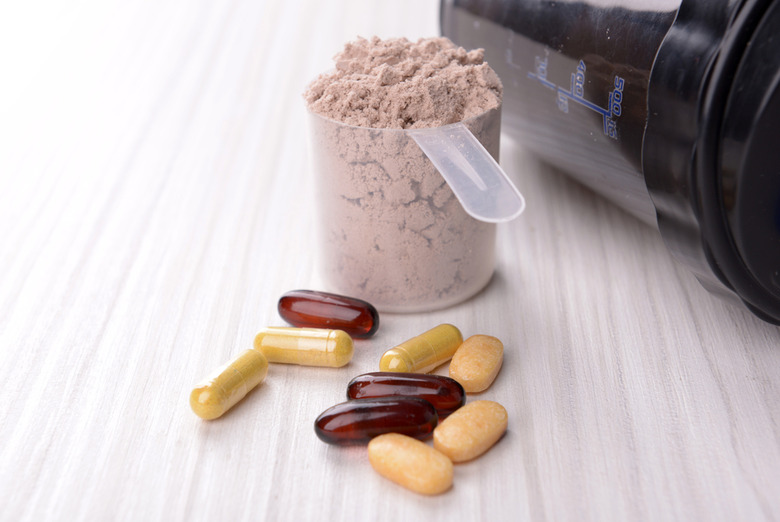Starting A New Exercise Program? Don't Make These Dietary Mistakes
The truth is, well-intentioned actions could actually be detrimental to your workout plan. When you are starting a new exercise routine, you cannot simply hop on a few machines at the gym, cut the calorie intake in half, and expect fast results. You have to make the program work for you and your unique body. It's important to fuel up properly and make sure that you are making changes that can last a lifetime.
Carb-Loading
Just because carbs can fuel your workout (and even help you lose weight) doesn't mean you should overload on them. "Ideally, you want both carbs and protein before and after working out," advises Gans. "The carbs are needed to help fuel your workout and to deplete your glycogen stores afterwards. Protein brings nutrients and oxygen to your muscles; it helps to rebuild and repair."
Drinking Sports Drinks
Yes, you need to stay hydrated during your workout, but be smart about your fuel. Adding a sports drink to your exercise regimen when you only worked out for an hour or less is completely unnecessary. "Unless you are working out for more than one hour at a high intensity, water will do just fine for hydration," says Gans.
Forgetting to Switch It Up
"I see this far too often — fitness lovers never deviate from the form of exercise they're most comfortable with," says Caroline Earle, personal trainer and author of The Trendy Trainer blog. "Runners stay on the treadmill, yogis on their mats. Let's break this pattern, shall we? The moment your body begins to work out in a different fashion, it will become stronger. You'll begin to see changes to your physique and perhaps even your mental clarity as you switch up your mundane gym routine."
Also, be sure that you switch up your options when it comes to your diet! If you are committed to eating more protein or are trying to incorporate more fruits and vegetables into your diet, break the pattern and try different recipes to keep it fresh and exciting.
Going Too Hard, Too Fast
"It may be exhilarating to begin your new found fitness regime, however, it's also important to ease into it," advises Earle. All too often newbie gym-goers sprint out of the gate towards their fitness goals, avoiding essential components to exercise such as stretching and recovery."
This is also applicable to changing your diet. Most doctors and nutritionists warn against a radical diet change, noting that changing your diet too radically will result in your "falling off the wagon."
Never Resting
"Rest is crucial when you're working out," Earle emphasizes. "Not only is it important to give your muscles time to recover, but if you don't let them 'repair' themselves, you risk overuse injuries as well as overtraining — not an ideal way to begin your healthy lifestyle."
You also need to eat foods that support your new lifestyle. To help those muscles repair themselves, incorporate muscle-friendly foods and drinks into your diet, like delicious and healthy protein smoothies!
Not Hydrating
People: you have to hydrate, especially when becoming more active. "Hot yoga leaving you parched?" asks Earle, "Sip on water throughout the day to make sure you're taking in adequate amounts of fluids. Now that you're sweating — i.e., depleting your body of fluids — you must replenish them."
Skipping Meals Before the Workout
If you've ever heard the expression "can't work on an empty stomach," you'll get why this is also a mistake when beginning a workout routine.
"Whether or not you eat before exercising can be very individual," clarifies Gans. "There isn't necessarily a right or wrong — rather, you should listen to your own body. Many people do perform better if they have a light snack, such as a banana and spoonful of almond butter, before they hit the gym."
Too Much Protein
People often think that if they are lifting weights during their exercise routines that they need to pack their diets with even more protein. This is not necessarily the case.
"The average exerciser is most likely consuming enough protein as it is by default, and does not need to include protein supplements," says Gans.
Treating Yo Self
While we normally support the "Treat Yo Self" movement, when you are exercising and dieting, it can be detrimental.
"Rationalizing that you burned calories and therefore it's OK to eat whatever — the 'Well, I just worked out for one hour, so I deserve it' mentality" — can be very detrimental to dieting," says Gans. "Even if you're exercising, you still need to be mindful of your calories. Pigging out after a workout is only going to sabotage all your hard work."
